Abuse at Top German Science Institution
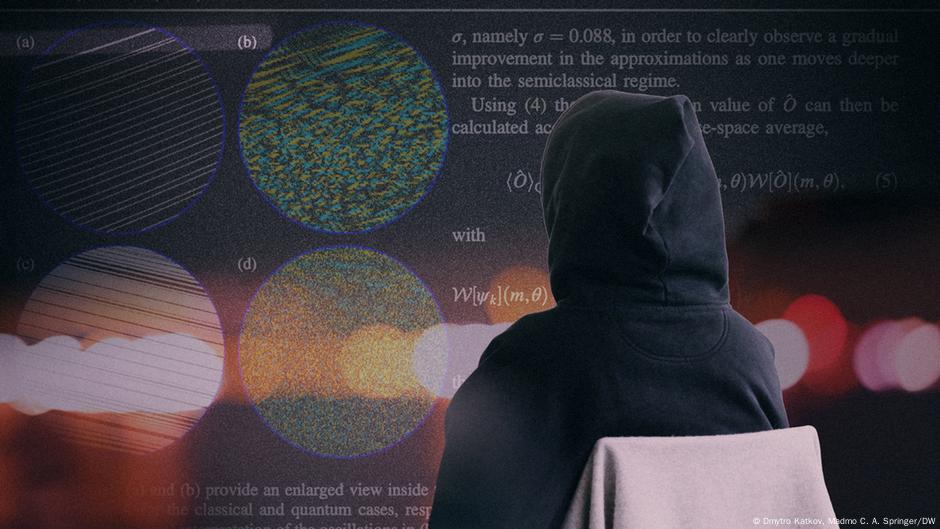
Deutsche Welle
Send us a link



Germany's oldest university hosts many scientists conducting groundbreaking work. Little did they know how they would become entangled in China's quantum military strategy.
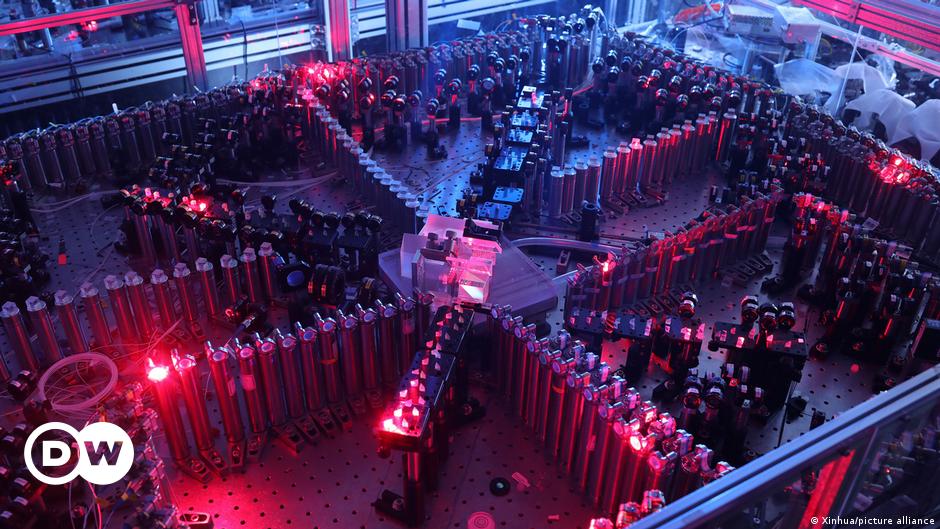
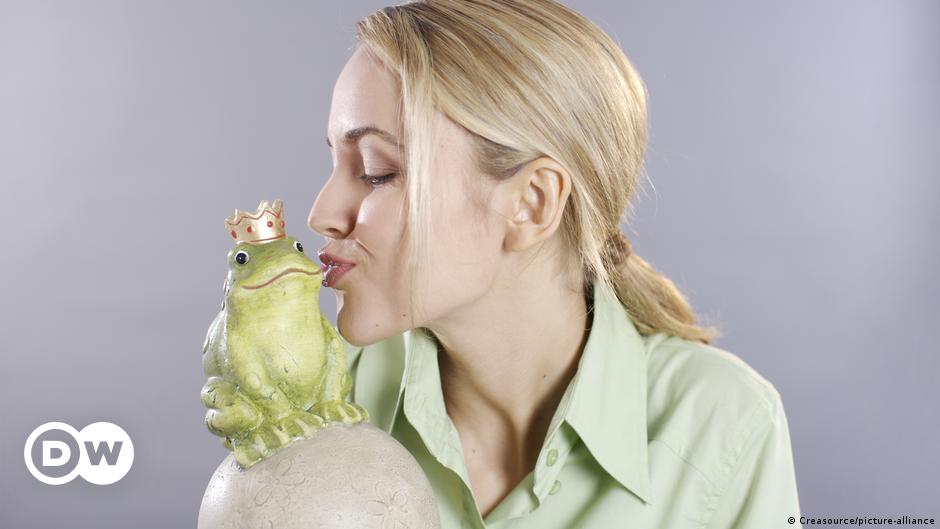
Have you heard people talking about how amazing these new AI chat bots are? About how much immaculate text they can generate in a split second? It's time to talk about what they can't do.
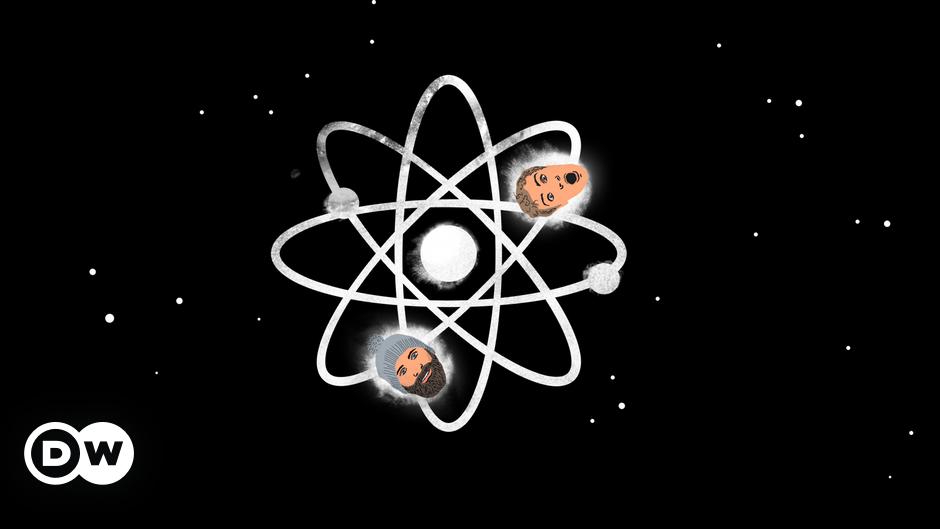
2022 was great for science, from historic space missions to archeological discoveries and plenty to learn in medicine.
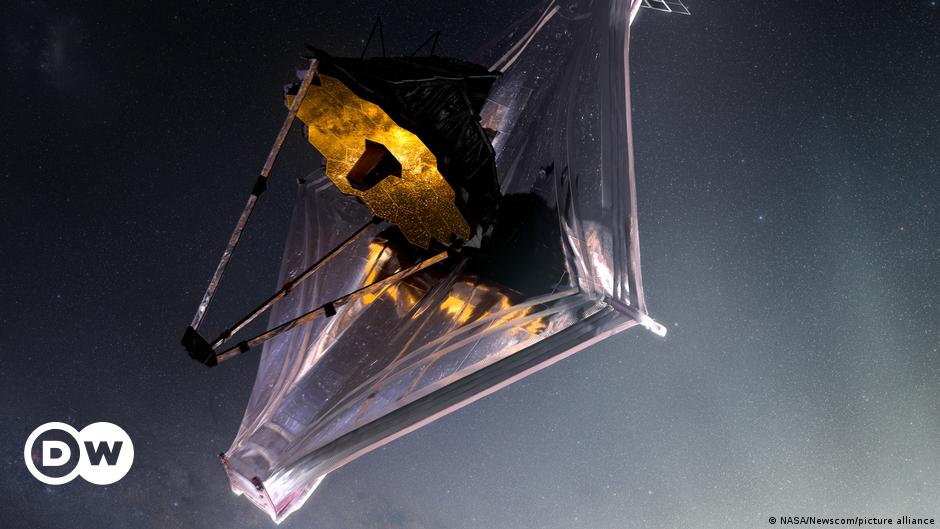
The English say so much depends on the weather, from battles in war to aid work. But our predictions are seldom perfect.
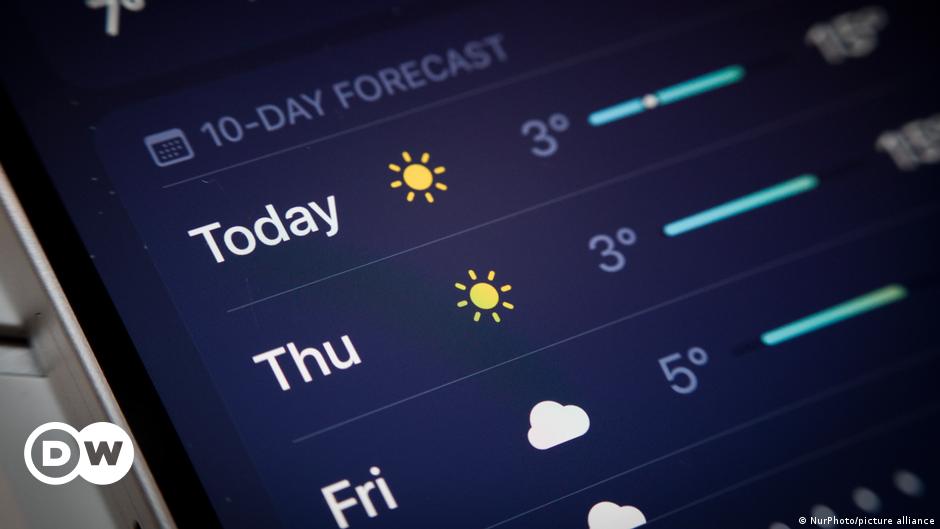
On Tuesday, the US Department of Energy announced a breakthrough in the generation of energy using nuclear fusion. Here's what you need to know about how it works.
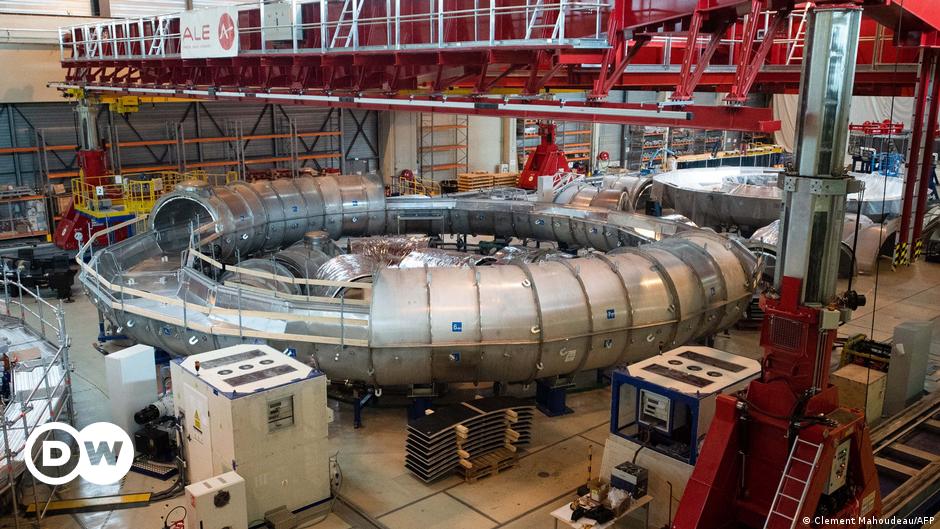
Nations agree that no one should own territories in space, but legal debates about owning and selling materials extracted from the moon, planets and asteroids are quickly becoming points of tension

You might have been told off for staring out the window at school, but psychology shows us it's one of the best ways to spark new ideas and have epiphanies.

Back in the 60s, the Outer Space Treaty provided us with an assurance of peace and security in the Cold War space race. So much has changed since then - so why hasn't the treaty, asks DW's Zulfikar Abbany.

Italian astronaut Samantha Cristoforetti is the fifth European to take command of the ISS. She says the space station gives her hope for peace on Earth.
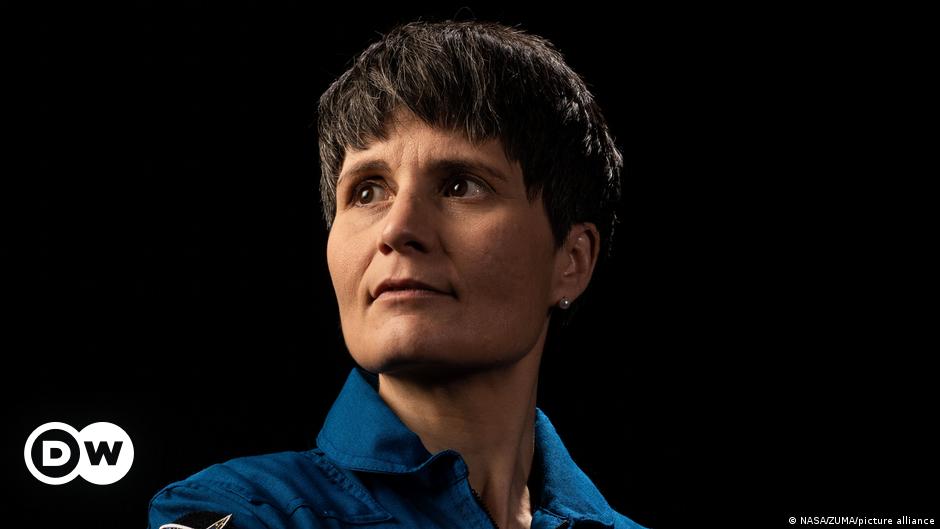
Ozone-killing materials in Earth's stratosphere fell over 50% to levels seen before the ozone hole became a problem, scientists say. But there's still a way to go. Here's why we need a healthy ozone layer.
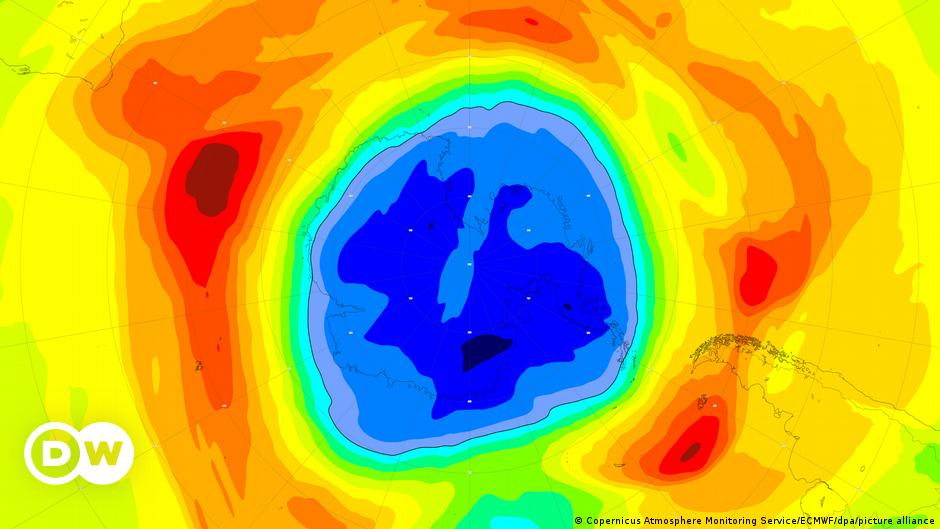
For almost 120 years, the writing system known as "Linear Elamite" was considered illegible. Now a team of archaeologists claims to have partially deciphered the writing system. But other researchers are more hesitant.

Here's what the science says about driving while high on marijuana. In short: It's complicated.
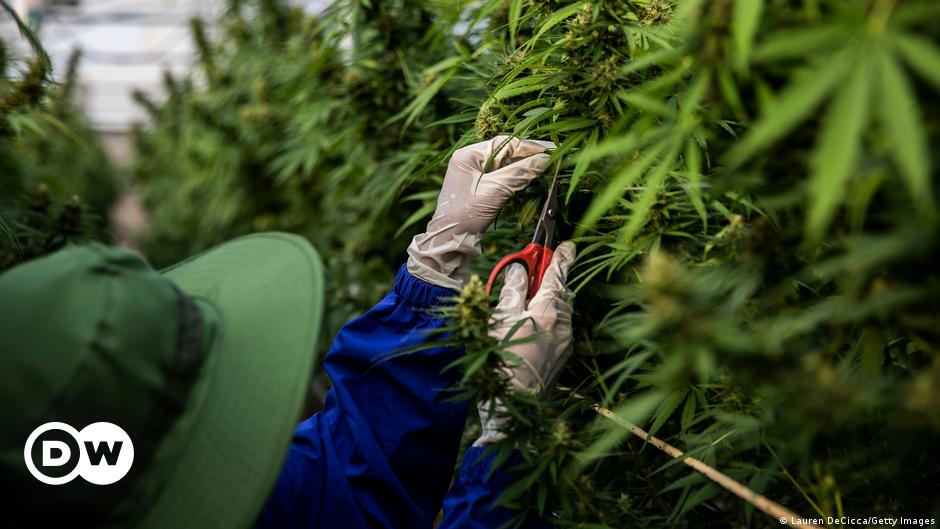
Ever wondered why so many people believe in horoscopes? Have you ever believed them yourself? Turns out, the better we understand our attraction to quack science, the better we can avoid falling victim to it.
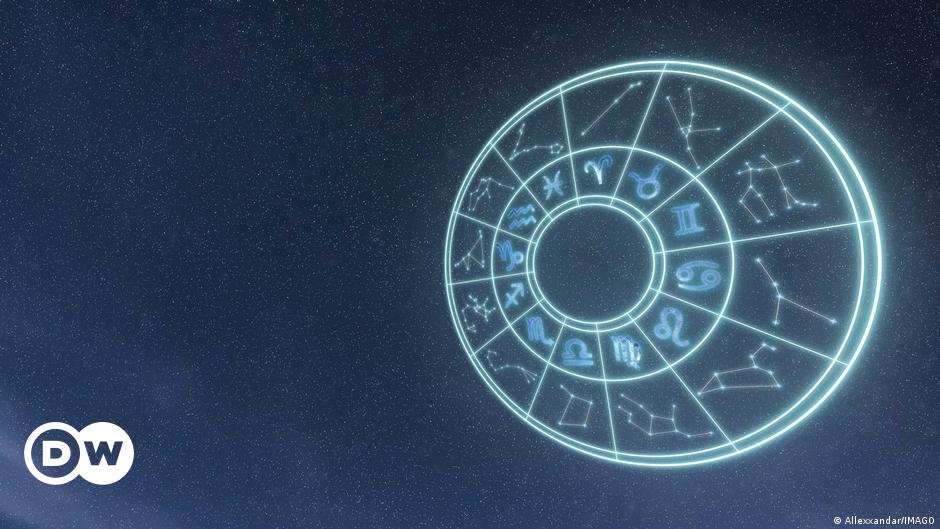
In a "highly unusual find," archaeologists in the Netherlands uncovered the remains of temples where Roman soldiers once paid tribute to their gods and goddesses.
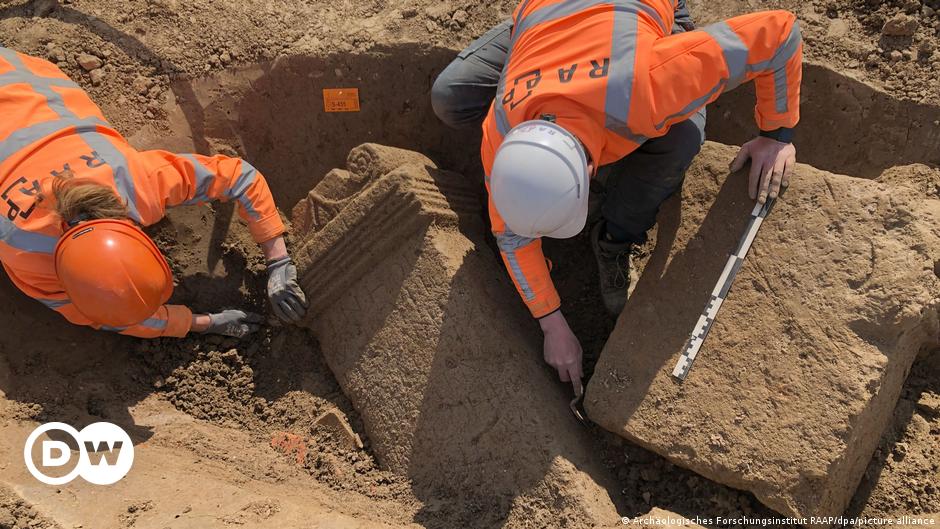
Leipzig researchers have found an enzyme that rapidly breaks down PET, the most widely produced plastic in the world. It might just eat your old tote bags.
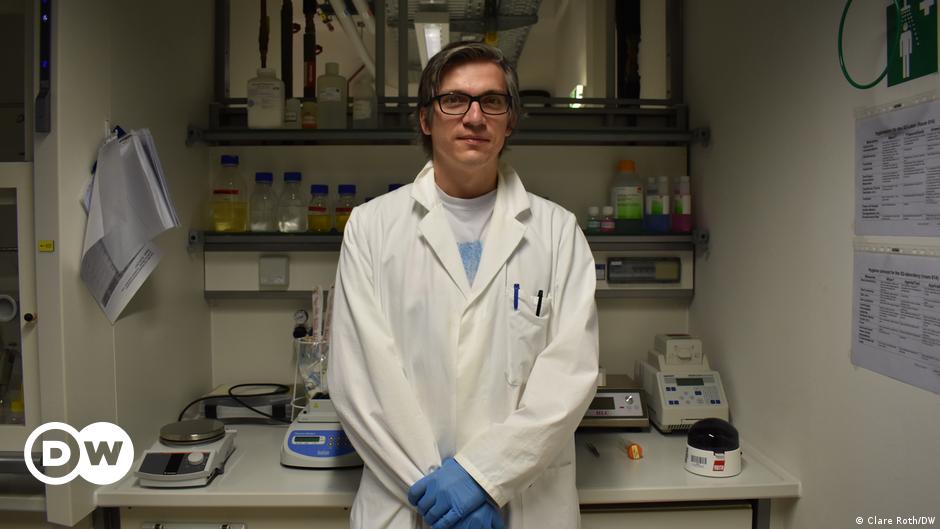
The Emirates Mars Mission says it's a first: They have spotted a worm-like aurora that stretches halfway round Mars. It looks like our northern lights.
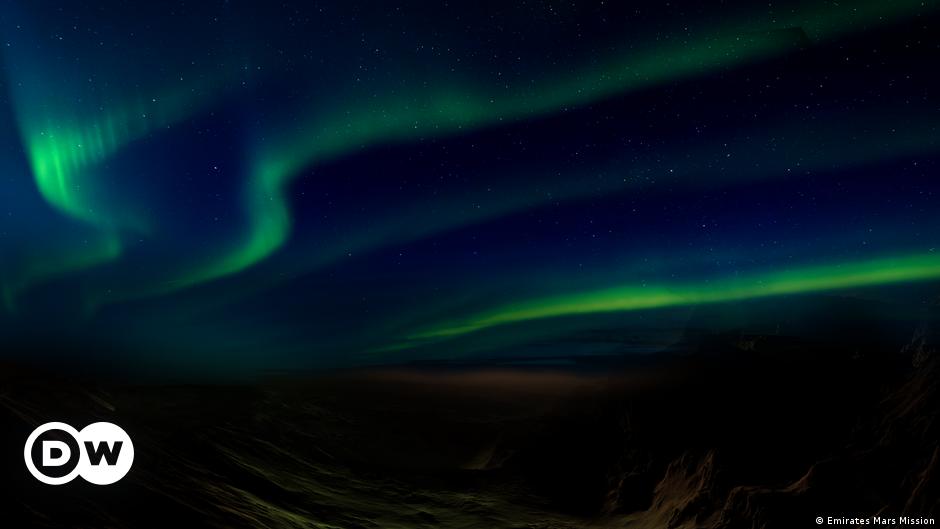
Scientists have grown plants in soil taken from the lunar surface. It's a sign that people could one day live on the moon, grow food and produce water.
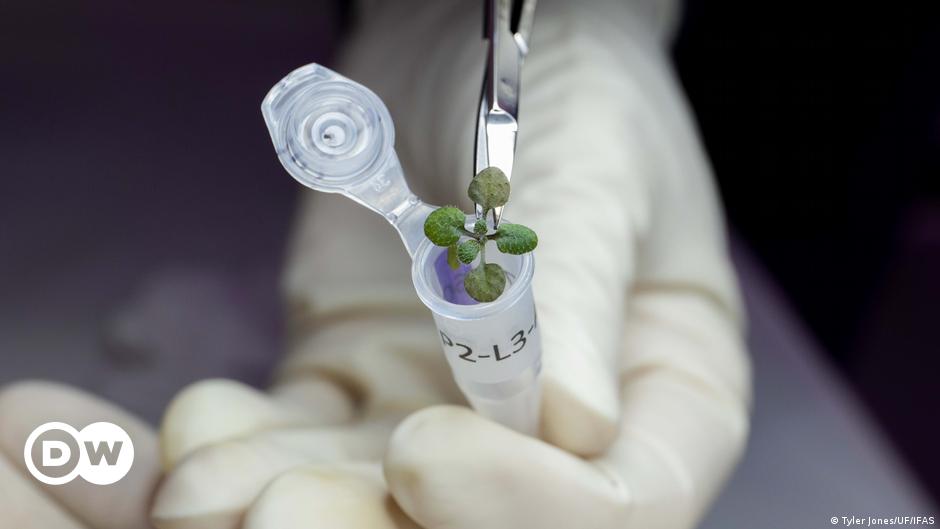
They look so "alien," but octopuses feel and remember pain like we do. We can track their emotional reactions. But their deeper feelings are a mystery.
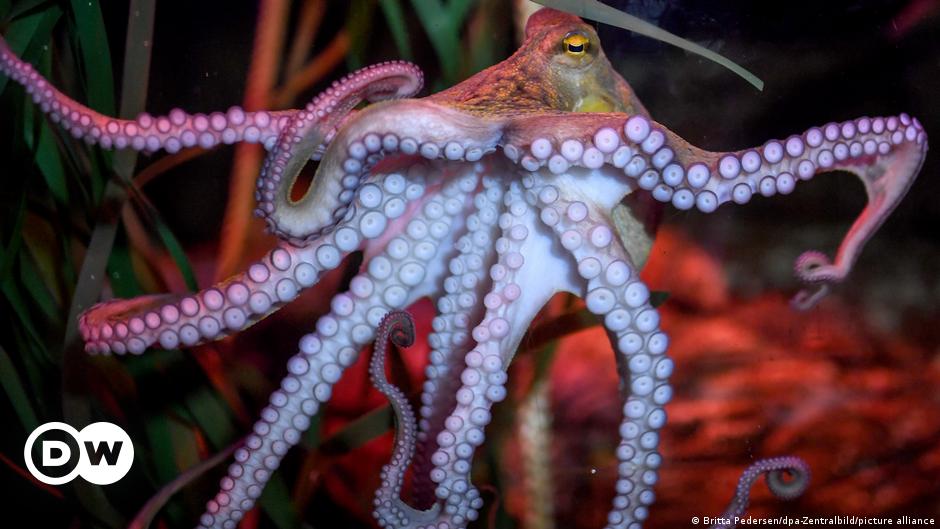
Russia says Ukraine and its allies are planning a "dirty" weapons attack. The US says that's false. But what are these weapons and who has them?

Although we know binge drinking is harmful for our health, the science behind moderate drinking still needs some fleshing out.
